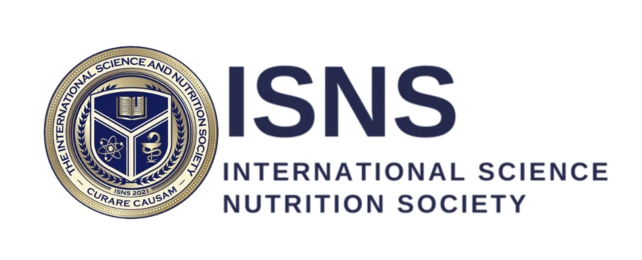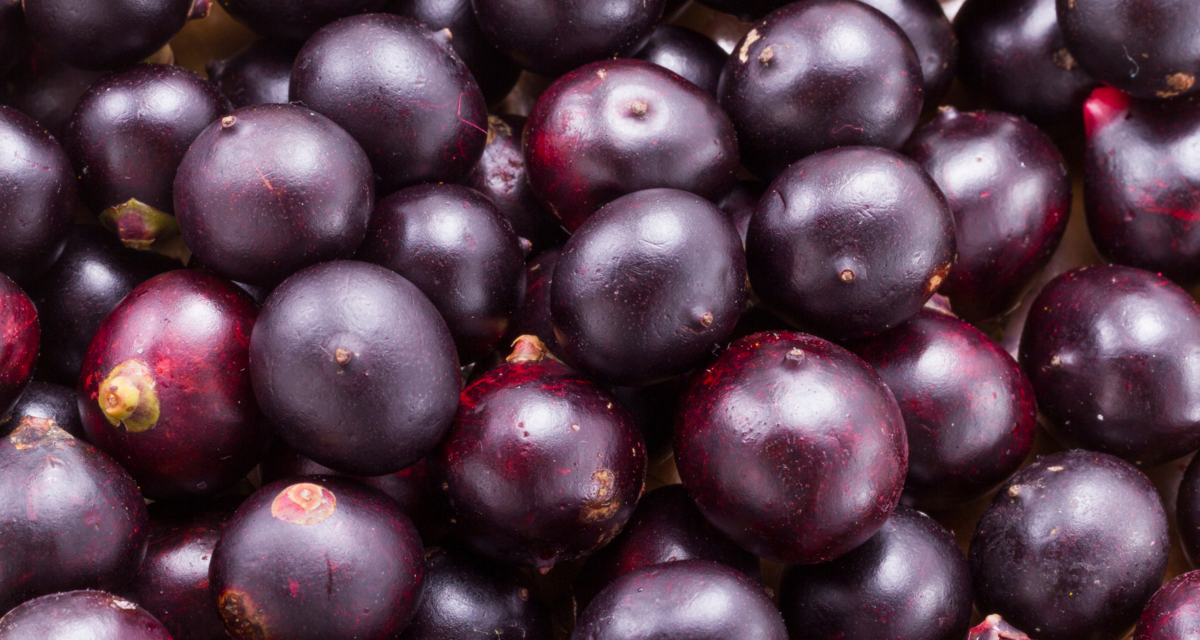Acai
Top Benefits
The Acai berry is native to the Amazon region where it’s considered a staple food by the local population. It’s gained global popularity in recent years due to its many talked about health and wellness properties. Acai berries have the following top benefits: Contains a high level of antioxidants Possible anti-cancer effects Helps to protect the brain from damage associated with age Nutrient dense, with healthy fats and a low amount of sugarMay help to improve cholesterol
Overview
Acai berries, pronounced (ah-sigh-EE), grow on acai palm trees in the lush rainforests of Central and South America. They are a round fruit about 1 inch in size with dark purple skin and yellow flesh. The anthocyanins in acai berries give them their deep color and also act as an antioxidant in the body. Because acai berries contain a pit, they are technically not a berry, but instead a drupe. However, they are most commonly referred to as berries.
To make acai berries edible, they are soaked to soften their tough skin and mashed to form a paste. Fresh berries don’t last for long, and aren’t available outside of the area where they are grown. However, they are exported as a frozen fruit puree, a pressed juice, or a dry powder.
Acai berries grow in abundance in the Amazon region and are a staple food of the local population. They are known for their high nutritional value and also have elevated levels of proteins, minerals and lipids. Studies have shown that they are rich in phytochemicals that contain anti-inflammatory, antioxidant and anticancer activities. In fact, they contain quite a high amount of antioxidants, beating out other fruits like blueberries and cranberries.
Acai berries are also rich in fatty acids, especially oleic, palmitic, and linoleic acids. They don’t have much protein, but they do have 19 amino acids as well as several sterols. The phytochemicals in acai berries include anthocyanin and proanthocyanidins.
Nutritional Information
The acai berry is not your average fruit —- it’s high in fat, and low in sugar. A study in Venezuela found it contains the following trace minerals: copper, zinc, iron, chromium, manganese, magnesium, phosphorus and potassium.
100 grams of frozen fruit pulp contains the following:
Calories: 70
Fiber: 2 grams
Fat: 5 grams
Saturated fat: 1.5 grams
Sugar: 2 grams
Carbs: 4 grams
Vitamin A: 15% of the RDI
Calcium: 2% of the RDI
Wellness:
Weight Loss
In recent times, many claims have been made worldwide about acai and its effect on weight loss. It’s important to note that from a scientific perspective, no independent studies have been published in peer-reviewed journals that substantiate that acai alone aids in rapid weight loss.
Researchers have investigated the safety of an acai-fortified juice in rats. Their reports indicated that there were no body weight changes in rats that were given the juice compared to those who did not receive it. However, some preliminary studies are suggesting that eating the pulp of acai may reduce blood sugar and cholesterol levels in people who are overweight.
Skin Care
Because acai contains a large amount of antioxidants that fight free radicals, it is thought to promote cell growth and help reduce the effects of premature aging —- like discoloration, scars and wrinkles. One study suggested that this fruit is a valuable natural source for malvidin and cyanidin which can be used as anti-stress molecules in the prevention of age related skin damage.
Fighting inflammation from the inside out, acai may also help to prevent acne. Both Acai and acai oil are being used in skincare and beauty products worldwide. More studies and investigations are needed to determine the full effect is has on skin health.
Conditions:
Heart Health
Acai contains a healthy amount of fiber as well as heart healthy fats. These fats increase HDL, or good cholesterol, while they decrease LDL, or bad cholesterol. In addition, acai also contains sterols which can help prevent cholesterol from being absorbed by your body.
The anthocyanin found in acai berries act as an antioxidant and are linked to oxidative stress protection. One study found that young and middle-aged women who regularly consumed anthocyanin reduced their risk of heart attack by 32%.
Cancer
Several test-tube and animal studies show that acai has the potential to help stop cancer cells from forming and spreading. Acai pulp has been shown to reduce the incidence of both colon and bladder cancer in mice. However, another study on mice found it did not have a similar effect on stomach cancer. More research, including more human studies, are needed.
Researchers are hopeful that acai may be able to help in the development of chemopreventive drugs and may have therapeutic effects in the treatment of breast cancer. More studies are needed to uncover the best and most affective role acai can play in cancer treatment in the future.
Brain Health
As we age, oxidative stress and inflammation can lead to brain disease that compromises our ability to remember, learn and stay mobile. The healthy dose of antioxidants in acai can help reduce the damaging effects of oxidation and inflammation. Specifically, acai’s polyphenolics can help to improve cognition. In lab tests, acai helped stimulate what is called the “housekeeping” response in brain cells. This gives them the ability to clean up cells that are toxic or are no longer functioning the way they should. Once the bad cells are swept away, new nerves form that help improve communication between brain cells.
Usage:
Side Effects
Acai is generally safe to consume when eaten in moderate amounts. However, if you have pollen allergies or are sensitive to similar berries, you might want to avoid acai. Also avoid acai if you are pregnant or breast-feeding, as there is insufficient evidence on its safety.
Interactions
If you are taking an MRI, large doses of acai may affect the results of the test. If you’re taking acai in higher amounts than you’d normally eat it (like a dietary supplement) be sure to check with your health care provider.
Dosing
There is not enough scientific information at this time to give an accurate range of doses of acai. It depends on the user’s age, their health and a variety of other factors. Dosage also varies depending upon how it is being ingested —- as a juice, a powder or freeze dried. Follow relevant directions on product labels and consult your healthcare professional before using acai.
Research:
General Information and Overview
http://www.orac-info-portal.de/download/ORAC_R2.pdf
Nutritional Information
Weight Loss
Skin Care
Heart Health and Cholesterol
Cancer
Brain Health
Side Effects, Interactions and Dosing

